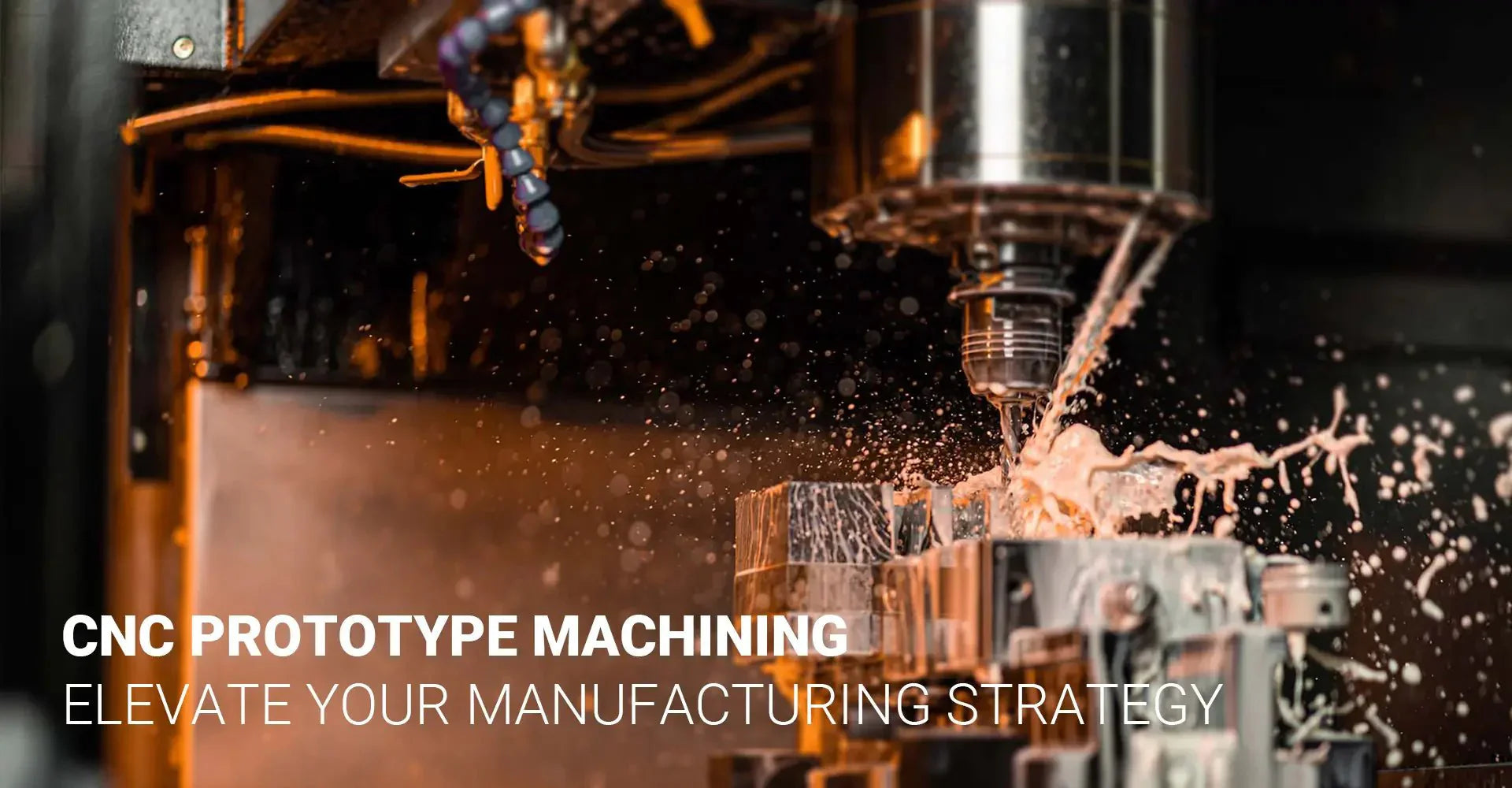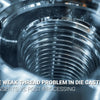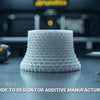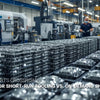Precision Engineering: Can CNC Prototype Machining Elevate Your Manufacturing Strategy?

Precision Engineering: Can CNC Prototype Machining Elevate Your Manufacturing Strategy?

Manufacturing is undergoing a revolutionary transformation, with CNC prototype machining emerging as a critical technology that bridges digital design and physical creation. In an era of rapid technological advancement, businesses seek innovative solutions to accelerate product development and maintain competitive edge.
Key Insights:
- 87% of manufacturers report improved product development speed with CNC machining
- Reduces time-to-market by up to 60%
- Enables precision manufacturing across multiple industries
- Supports complex design iterations with minimal waste
Table of Contents
- Digital Design Translation
- Material Science in Prototyping
- Cross-Industry Applications
- Technological Evolution
Digital Design Translation: How Does Concept Become Reality?
The journey from conceptual design to physical prototype represents a complex technological symphony of precision and innovation. Engineers and designers face the critical challenge of transforming abstract ideas into tangible, functional components through advanced computational techniques.
Modern manufacturing demands sophisticated translation of digital concepts into executable manufacturing instructions, requiring advanced computational skills and deep technical knowledge.

Delving deeper, the prototype development process reveals a multilayered technological marvel. Advanced Computer-Aided Design (CAD) software enables engineers to create intricate 3D models with microscopic precision. These digital blueprints undergo complex algorithmic translation, converting design specifications into machine-readable instructions that account for tool paths, material characteristics, and manufacturing constraints.
Statistical Insight: According to a 2023 manufacturing technology report, CNC machining can achieve tolerances as tight as ±0.005mm, representing a quantum leap in precision manufacturing.
Material Science: What Materials Enable Prototype Fabrication?
Materials serve as the fundamental building blocks of prototype development, determining the performance, durability, and functional capabilities of final products. The selection of appropriate materials represents a critical decision in the manufacturing process.
CNC machining supports an extensive range of materials, each offering unique characteristics and application-specific advantages across diverse industrial sectors.

Comprehensive material analysis reveals a sophisticated ecosystem of engineering possibilities. Modern manufacturers must consider complex factors beyond basic material properties, including thermal conductivity, mechanical stress resistance, chemical compatibility, and precise manufacturing tolerances.
Key Material Categories:
- Metallic Alloys: Aerospace-grade aluminum, titanium, specialized steel
- High-Performance Polymers: Advanced ABS, engineering-grade nylon
- Composite Materials: Carbon fiber reinforced polymers, specialized industrial composites
Research indicates that advanced material selection can improve prototype performance by up to 40% compared to traditional manufacturing approaches.
Cross-Industry Applications: Where Are Innovative Solutions Born?
Innovation transcends individual sectors, with CNC prototype machining serving as a universal catalyst for technological advancement across multiple industries. Each sector presents unique challenges and opportunities for precision manufacturing.
Critical industries leverage advanced machining techniques to solve complex engineering problems and accelerate product development cycles.

In-depth exploration reveals remarkable technological breakthroughs across diverse fields:
- Medical Devices:
- Patient-specific implants with micron-level precision
- Custom surgical instrument prototyping
- Rapid development of medical diagnostic equipment
- Automotive Engineering:
- Lightweight, high-performance component development
- Fuel efficiency optimization through advanced materials
- Rapid prototype testing for complex mechanical systems
- Aerospace Manufacturing:
- Complex geometric component fabrication
- Weight reduction through advanced material selection
- Extreme environment performance testing
Industry Data: CNC prototype machining has enabled a 35% reduction in product development cycles across these critical sectors.
Technological Evolution: How Is Manufacturing Being Redefined?
Technological transformation represents more than incremental improvements—it signifies a fundamental reimagining of manufacturing capabilities. CNC prototype machining stands at the forefront of this industrial revolution.
Emerging technologies are rapidly reshaping the manufacturing landscape, creating unprecedented opportunities for innovation and efficiency.

Profound technological trends are converging to redefine manufacturing:
- Artificial Intelligence Integration
- Predictive maintenance algorithms
- Automated design optimization
- Real-time quality control systems
- Sustainable Manufacturing Practices
- Reduced material waste
- Energy-efficient production processes
- Circular economy manufacturing approaches
- Advanced Computational Technologies
- Machine learning-enhanced design iterations
- Cloud-based collaborative engineering platforms
- Integrated simulation and prototyping environments
Projection: Global market research suggests that AI and advanced manufacturing technologies could generate $15.7 trillion in economic value by 2030.
Conclusion
CNC prototype machining represents a strategic approach to innovation, enabling businesses to transform ideas into reality with unprecedented speed, precision, and flexibility.
Recommended External Links
[CNC Prototype Machining][^1]
[Medical CNC Machining][^2]
[CNC Machining for Automotive Industry][^3]
[Rapid Prototype][^4]
[Aerospace CNC Prototype Machining][^5]
[Prototype Fabrication][^6]
---
[^1]: Stay ahead in the competitive manufacturing industry by exploring the latest advancements and techniques in CNC Prototype Machining.
[^2]: Discover how Medical CNC Machining is revolutionizing the production of healthcare devices, ensuring precision and reliability.
[^3]: Learn about the critical role CNC Machining plays in the automotive industry, enhancing efficiency and innovation in vehicle production.
[^4]: Exploring rapid prototyping benefits can help you understand how it accelerates product development and reduces costs.
[^5]: Discover how aerospace CNC machining enhances precision and efficiency in creating complex aerospace components.
[^6]: Staying updated on prototype fabrication trends can offer insights into innovative manufacturing techniques and materials.





